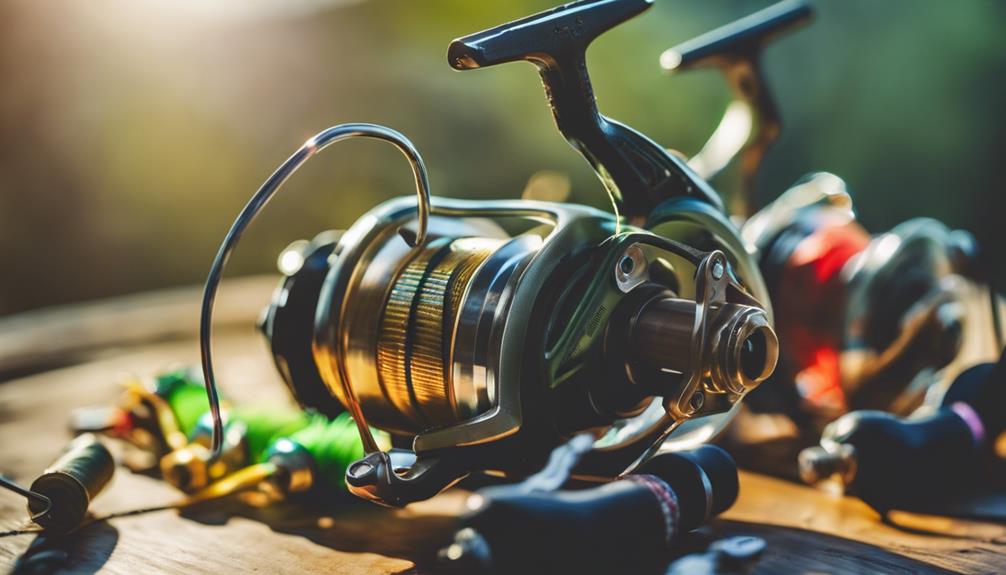Fishing is a beloved pastime for many, offering relaxation, adventure, and a chance to connect with nature. However, before you cast your line, it’s essential to understand the legal requirements surrounding fishing. One of the most critical questions that arise is: do you need a fishing license? In this comprehensive guide, we will break down everything you need to know about fishing licenses, including their importance, types, and how to obtain one.
What is a Fishing License? Understanding the Basics
A fishing license is a legal document that grants individuals permission to fish in public waters. The primary purpose of requiring a fishing license is to regulate fish populations, protect aquatic ecosystems, and ensure that fishing remains a sustainable activity. By requiring licenses, state and local governments can manage fishing quotas, monitor fish health, and prevent overfishing. Depending on where you live, the rules and regulations regarding fishing licenses may vary significantly, so it’s important to check local laws before heading out.
Why Do You Need a Fishing License? The Importance of Compliance
So, do you need a fishing license? The answer is generally yes, unless you are fishing in specific areas or during designated free fishing days, which some states offer. The consequences of fishing without a license can be severe, including hefty fines and possible confiscation of your fishing gear. Additionally, fishing without a license can contribute to the depletion of fish populations, affecting not only the environment but also future fishing opportunities for everyone. Therefore, obtaining a fishing license is not just about following the law; it’s also about preserving the sport for future generations.
Types of Fishing Licenses: What You Should Know
When considering do you need a fishing license, it’s crucial to understand that there are various types of fishing licenses available. Here are some common categories:
1. Resident License: This is for individuals who live in the state where they plan to fish. Resident licenses are typically cheaper and are designed to encourage local participation in fishing activities.
2. Non-Resident License: If you are visiting another state and wish to fish, you will need a non-resident fishing license. These licenses usually come at a higher cost but are essential for anyone looking to fish outside their home state.
3. Special Licenses: Some states offer special licenses for specific types of fishing, such as saltwater fishing or fly fishing. These licenses may have different rules and regulations, so be sure to research what applies to your situation.
4. Youth Licenses: Many states provide discounted or free licenses for young anglers, encouraging families to engage in fishing as a recreational activity.
5. Lifetime Licenses: For avid fishermen, some states offer lifetime fishing licenses, allowing unlimited fishing without the need for annual renewals.
How to Obtain a Fishing License: A Step-by-Step Guide
Now that you know you likely need a fishing license, let’s discuss how to obtain one. The process is typically straightforward and can often be completed online. Here’s a step-by-step guide:
1. Research Local Regulations: Before applying, check the specific requirements for your state or local area. Each state has its own regulations and fees.
2. Choose Your License Type: Determine whether you need a resident, non-resident, or special license based on your fishing plans.
3. Visit the Official Wildlife Agency Website: Most states have a Department of Natural Resources or equivalent agency where you can apply for your license. Make sure you are using the official site to avoid scams.
4. Complete the Application: Fill out the necessary forms, which may include personal information, residency details, and payment information.
5. Pay the Fee: Fishing license fees vary by state and type of license. Payment can usually be made via credit card online or by check if applying by mail.
6. Receive Your License: After successful processing, you will receive your fishing license. Print it out or keep a digital copy, as you may need to present it while fishing.
Fishing License Exemptions: Who is Exempt?
While most anglers need a fishing license, certain exemptions exist. For instance, many states offer free fishing days when anyone can fish without a license. Additionally, children under a specific age (often 16 or younger) may be exempt from needing a license. Some states also allow disabled veterans or individuals with certain disabilities to fish without a license. Always check local regulations to determine if you qualify for any exemptions before heading out to fish.
Consequences of Fishing Without a License: What You Need to Know
Ignoring the requirements around do you need a fishing license can lead to significant repercussions. If caught fishing without a license, you may face fines ranging from modest amounts to several hundred dollars, depending on the severity of the offense and local laws. In some cases, repeat offenders may even face criminal charges. Besides legal penalties, fishing without a license can contribute to overfishing and harm local ecosystems, which could lead to stricter regulations in the future.
Conclusion: Enjoy Fishing Responsibly with a License
In conclusion, understanding whether you need a fishing license is crucial for anyone looking to enjoy this popular outdoor activity. Fishing licenses help protect aquatic ecosystems and ensure sustainable fishing practices for future generations. By obtaining the appropriate license and adhering to local regulations, you can enjoy your fishing experience while contributing to environmental conservation. Remember to stay informed about the specific rules and regulations in your area, and happy fishing!
